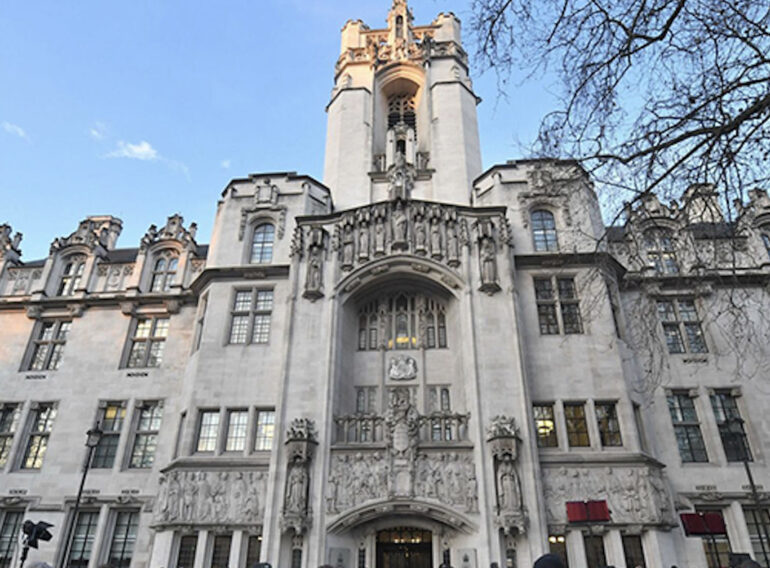Landlords are hailing a landmark ruling from the Supreme Court that clarifies the responsibilities of “rent-to-rent” companies.
The case in question, Rakusen v Jepsen, has significant implications for the private rental sector.
Mr. Rakusen rented out a flat to a rent-to-rent company, which did not apply for the necessary licence.
As a result, the former tenants of the flat sought a Rent Repayment Order against Mr. Rakusen, rather than the rent-to-rent company, despite the fact that he had not received rent directly from the tenants.
At the initial tribunal, the Rent Repayment Order was ruled to be applied against Mr. Rakusen, but the Court of Appeal later overturned the decision and ruled in Mr. Rakusen’s favor.
In the Supreme Court, it has been ruled that rent-to-rent companies cannot evade responsibility for legal requirements when they take over the running of a property.
The National Residential Landlords Association (NRLA) intervened in the case in support of responsible landlords.
Ben Beadle, the chief executive of the NRLA, welcomed the decision, stating that it clarifies who should be responsible for legal obligations in rent-to-rent cases.
The ruling emphasises that it is the rent-to-rent company acting as a landlord that should ensure that relevant legal requirements are met, as they are the ones receiving rent from tenants.
Landlords are pleased with the decision, as it will make it easier to hold rent-to-rent companies accountable for their legal obligations.
This ruling provides important clarity for landlords and tenants alike, as it ensures that companies cannot take money from tenants without any responsibility for the properties they manage.



